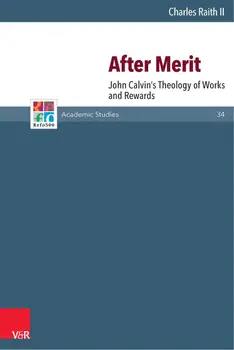In this study Charles Raith II fills a gap in Reformation-era scholarship by analyzing Calvin's teaching on works and reward in light of medieval theological developments surrounding the doctrine of merit. While significant analysis has been given to Calvin's doctrine of justification, its relation to sanctification, the notion of union with Christ, and the role of participation, there is as yet no sustained analysis of how these teachings are shaped by the most hostile and pervasive of his polemics, namely, his confrontation with a merit-based framework for understanding Christian salvation. This volume, however, interprets Calvin's own theological constructions as contextually determined by the reigning polemics of his day. In addition, previous scholarship on these topics has largely failed to properly contextualize Calvin's own thought against the background of scholastic theological developments—developments that Calvin both accepts and rejects in the formulation of his own theology. After Merit addresses these gaps by (1) analyzing Calvin's tracts, scriptural commentaries and Institutes to demonstrate Calvin's unique distain for the doctrine of merit among the early Reformers and the pervasiveness of this polemic within his theological program; (2) reviewing the scholastic developments surrounding the doctrine of merit from the High to Late Middle Ages as background to Calvin's thought; (3) highlighting Calvin's principle problems with the doctrine of merit: the competitive-causal schema between divine and human causality, merit as a basis for justification, and good works as "deserving" of reward; and (4) unpacking Calvin's theology of justification, sanctification, the worth of works, and the role of works in salvation as an alternative to the "opponents" doctrine of merit. The volume concludes by reflecting on the reception of Calvin's theology of works and reward in later Reformed thought.
Kokeile 30 tuntia ilmaiseksi
- Lue ja kuuntele tänään
- Ei sitoumusta, voit perua milloin vain

Tee jokaisesta hetkestä seikkailu
- Kuljeta satojatuhansia tarinoita taskussasi
- Ei sitoumusta, voit perua milloin vain

Aloita tämä kirja jo tänään, hintaan 0€
- Kokeilujakson aikana käytössäsi on kaikki sovelluksen kirjat
- Ei sitoumusta, voit perua milloin vain
Kirjailija:
Sarja:
- Numero 34 in Refo500 Academic Studies (R5AS)
Kieli:
englanti
Muoto:

Philip Melanchthon : Theologian in Classroom, Confession, and Controversy
Irene Dingel, Timothy J. Wengert, Robert Kolb, Nicole Kuropka
book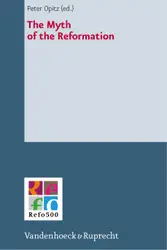
The Myth of the Reformation
book
Calvin and Luther: The Continuing Relationship
book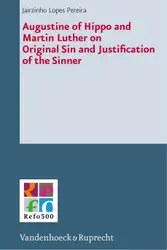
Augustine of Hippo and Martin Luther on Original Sin and Justification of the Sinner
Jairzinho Lopes Pereira
book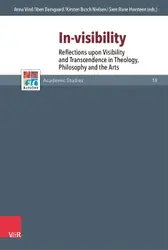
In-visibility : Reflections upon Visibility and Transcendence in Theology, Philosophy and the Arts
book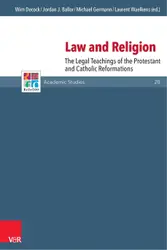
Law and Religion : The Legal Teachings of the Protestant and Catholic Reformations
book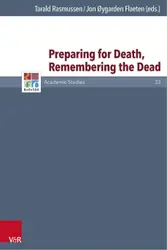
Preparing for Death, Remembering the Dead
book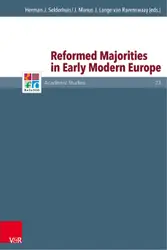
Reformed Majorities in Early Modern Europe
book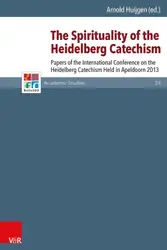
The Spirituality of the Heidelberg Catechism : Papers of the International Conference on the Heidelberg Catechism Held in Apeldoorn 2013
book
Latomus and Luther : The Debate: Is every Good Deed a Sin?
Anna Vind
book
Underground Protestantism in Sixteenth Century Spain : A Much Ignored Side of Spanish History
Frances Luttikhuizen
book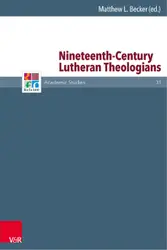
Nineteenth-Century Lutheran Theologians
book
